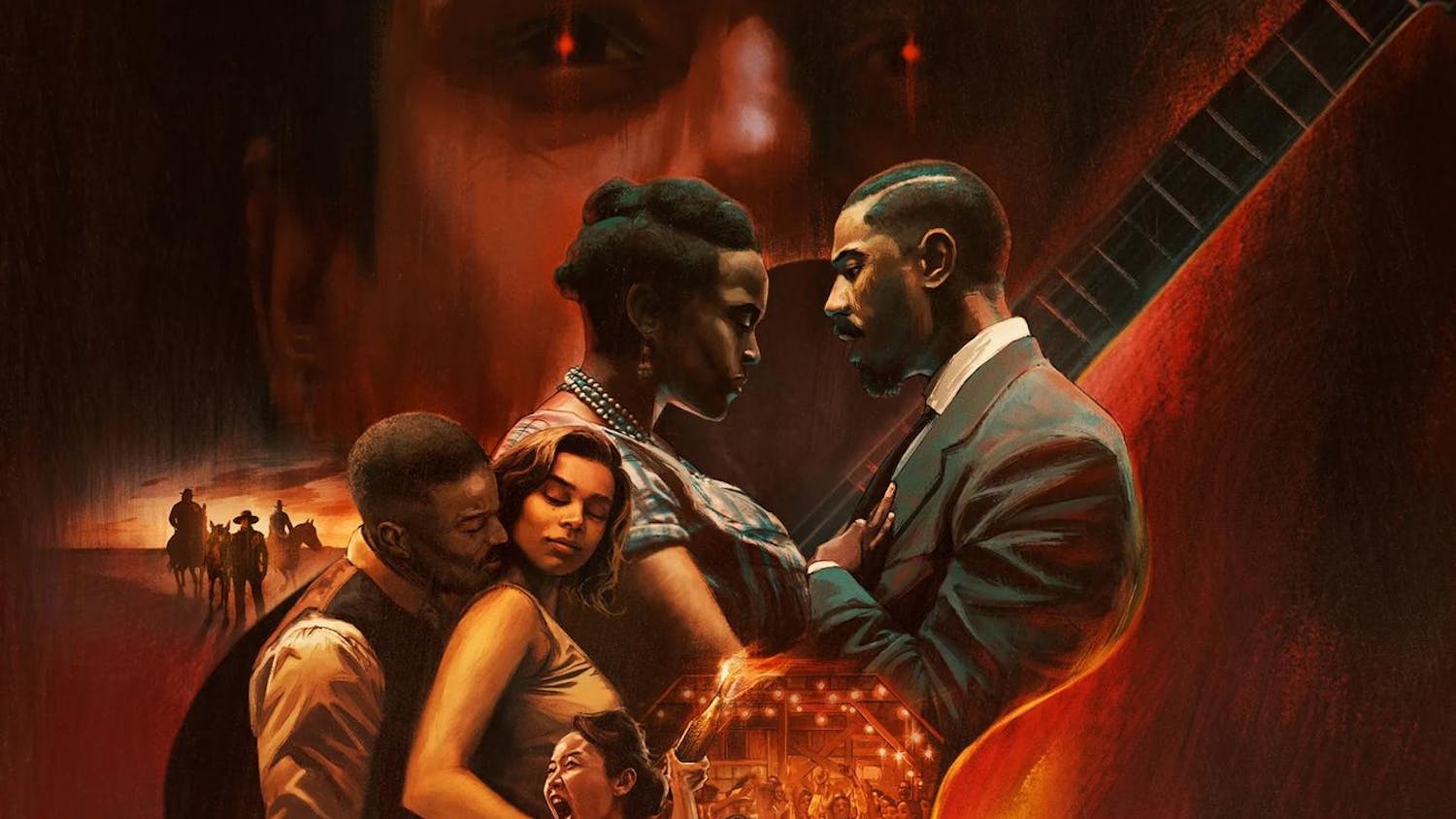Morale is low in the entertainment industry. With Disney’s live-action adaptation of the 1988 animated classic Mulan all-but-abandoned on streaming services and the forthcoming Bond film delayed for months, the COVID-19 pandemic has sunk the film industry to new lows. But, in an attempt to curb continued marketing expenditures due to delays, Warner Brothers bit the bullet and scheduled Christopher Nolan’s latest film "Tenet" for an international release in late August.
They took a bold gamble, this epic imagining of a palindromic race against time does not disappoint.
The film launches into an action-packed sequence from the get-go. The Protagonist, played by John David Washington, — referred to throughout the film as simply that — is a CIA agent who participates in a botched undercover operation at the Kiev Opera House during the film’s opening. In the near-death situation that follows, the Protagonist proves his worth and quickly becomes promoted to a member of a secret government organization: Tenet. Briefed by a scientist (Clémence Poésy) studying reverse entropy, the Protagonist learns of the threat he is trying to prevent — the destruction of the entire history of humanity — wrought upon the world by a Bond-esque Russian villain, Andrei Sator (Kenneth Branagh).
In an attempt to reach Sator, the Protagonist approaches Sator’s estranged wife Kat (Elizabeth Debicki), initiating a globe-trotting thriller that passive-aggressively challenges the casual cinemagoer’s intellect and comprehension.
Nolan relentlessly tampers with the space-time continuum: A highway car chase is driven to even higher stakes as temporal inversions take place; fights break out between forces moving in different directions through time. The mind-boggling finale involves the Protagonist and his team using a simultaneous experience in the past to aid the then-occurring future.
There is no pause for conceptual catch-up in the ceaseless hammering of visually stunning action scenes happening at breakneck pace and daringly massive scale — an actual Boeing 747 crashes into a hangar for good measure. When the plot becomes too complex, the characters’ key expository dialogue too difficult to decipher and composer Ludwig Göransson’s breathless score too overwhelming, Poésy offers both the Protagonist and the audience some relieving advice: “Don’t try to understand it, feel it.”
Perhaps the biggest flaw in the film, however, is its lack of humanity, which some critics have emphasized, despite generally applauding the film. Jessica Kiang of the New York Times deems the film a "hugely expensive, blissfully empty spectacle.”
The film is indeed an action romp demanding the investment of two and a half hours, after which aside from unraveling the plot, no deeper meaning nor emotional residue remains.In his attempt to deliver this intricate plot line woven together with perplexing concepts that required a decade of deliberation, Nolan sacrifices the critical process of fleshing out his characters. And despite John David Washington’s effortless charisma, the Protagonist still barely emotes. When he finally does at the very end, the audience lacks emotional resonance, instead harboring a more unaffected surprise.
The Protagonist’s agent colleague, Neil (Robert Pattinson), immaculately clad in a double-breasted suit, is also emotionally distant save for an inherent friendliness toward the main lead. Together, they pay homage to Nolan’s beloved Bond films, less as relatable characters, but more as agents who possess a sophisticated taste in tailored suits, skills in hand-to-hand combat and brisk decision-making in the face of Armageddon.
The role of an emotional anchor falls on Kat. Opposite of Branaugh’s intimidating and at times unhinged Sator, Debicki gives a moving performance, revealing the love, fear and hatred coursing through a threatened mother and abused wife who feels powerless in her marriage. She stands out as by far the most human out of Nolan’s all-star ensemble, many of whom are simply used to move the plot along.
Still, there is just cause for Nolan’s film becoming Hollywood’s first tent pole in 2020, spearheading the way toward the reopening of movie theaters. It is a dazzling experience designed for the cinema, where Göransson’s masterpiece, Hoyte van Hoytema’s cinematography and Nolan’s commitment to practical effects can be appreciated in their full glory.
"Tenet" is the bombastic culmination of Nolan’s fascination with time and non-linear narratives, one that began with the smaller-scale 2000 film “Memento” and continued with “The Prestige,” “Inception,” “Interstellar” and “Dunkirk.” Though Tenet may not be Nolan’s most nuanced work nor the most profitable for Warner Brothers, in the end, it is undoubtedly a dedicated feat of high-tier cinema still capable of invigorating a Hollywood that has succumbed to pandemic lethargy.

ADVERTISEMENT




